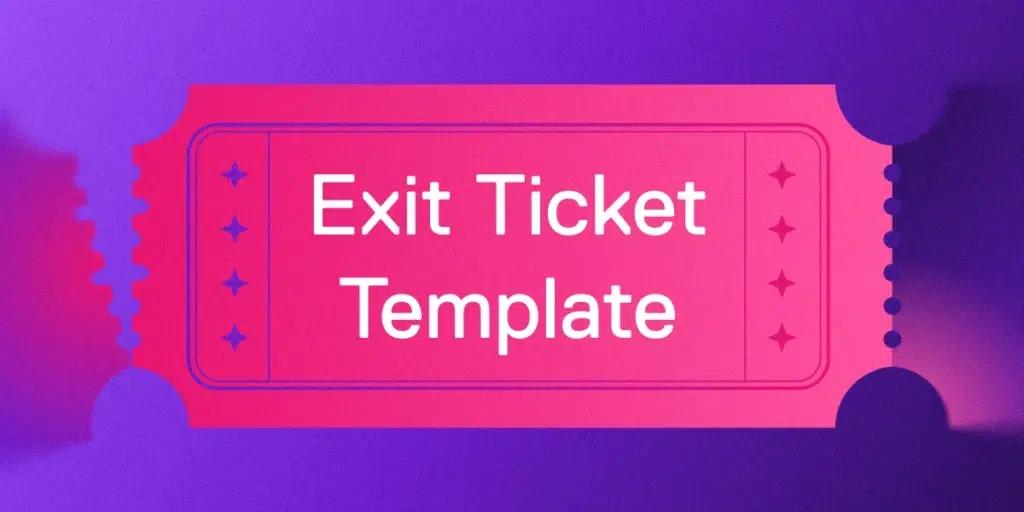Spring break, or reading week, is approaching and the papers, projects, student presentations and midterms are beginning to pile up. The middle of the semester can be a stressful time not only for students, but also for us professors. Minimizing that mid-semester crunch is possible though by increasing your productivity, strengthening your focus, and maintaining good mental health.
Make a To-Do List
Using a to-do list to prioritize your work is a powerful tool. Planning helps us not only by increasing our productivity but it also benefits us psychologically. A study by professors Baumeister and Masicampo from Wake Forest University showed that, while tasks we haven’t done distract us, just making a plan to get them done can free us from this anxiety,” writes Louise Chunn in her article The Psychology of the To-Do List – Why Your Brain Loves Ordered Tasks. Chunn also points out that the act of writing something down actually makes you more effective at the tasks.
And while you can use one of many to-do list apps currently available, I find using pencil and paper for this task and crossing off each item is especially cathartic.
Eat the Frog
Some of the best productivity advice I have ever received is to, “eat the frog.” Based on a Mark Twain quote, “if the first thing you do in the morning is eat a live frog, you can go through the rest of the day knowing the worst is behind you.” Author Brian Tracy adapted this quote in his book Eat That Frog explaining that eating a frog is getting your “worst” or most procrastinated upon task out of the way first thing in the morning. Once that is done, every task afterwards feels much easier.
Turn Off Distractions
When you’re doing more tedious work like grading, devices can be especially distracting. A simple but popular tool to keep us off our phones in our office is the app, Forest. The longer you don’t touch your phone, the bigger and more beautiful your tree and forest will grow. Exit your app – the trees die.
Enable Anonymous Grading
If you mark electronically, the anonymous grading function, meant to enhance academic integrity, is also a great tool for increasing your efficiency and focus. I find separating the work from the student streamlines my grading. And of course, there is also the added benefit that anonymous grading has been shown to reduce professor bias.
Reward Yourself
Growing up in a family publishing business, I spent many school holidays mindlessly stickering books in a warehouse. For every box of books I’d sticker, I ate one chip out of my chip bag. I find the same system still works for me now, except with healthier rewards. After grading one set of assignments, I might break for a walk or a yoga class. This is a win-win because I’ve increased my productivity while also doing something beneficial for my mind and memory.
The Importance of Self-Care
While exercise is one great way to relieve stress and increase productivity, eating and sleeping well are also essential to maintain good focus and avoid mental burnout. “Giving your body what it needs is the foundation of burnout prevention. You can help reduce the energy depletion associated with burnout and facilitate restoration by prioritizing three universal core needs: sleeping, eating and moving,” writes Elizabeth Grace Saunders in her article “Avoid Burnout Before You’re Already Burned Out.”
Sleep specifically, Saunders argues, has many functions including, “regulating our mood, clearing waste from our brain and re-energizing our cells.” Food provides a similar function. “What you put in your mouth also has an impact on your mood and energy. Avoid foods that make you feel tired or too full. Try eating lighter, healthier foods that increase your energy level.”
And remember, spring break is an ideal time to relax. While you may not be able to take a break from work all week long, try to schedule some large stretches of time when you’re offline doing something completely different from teaching.


